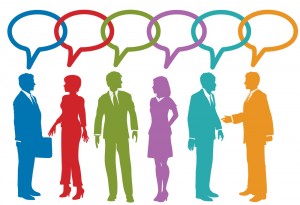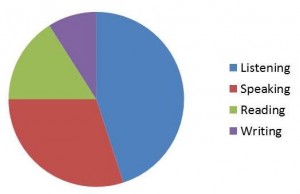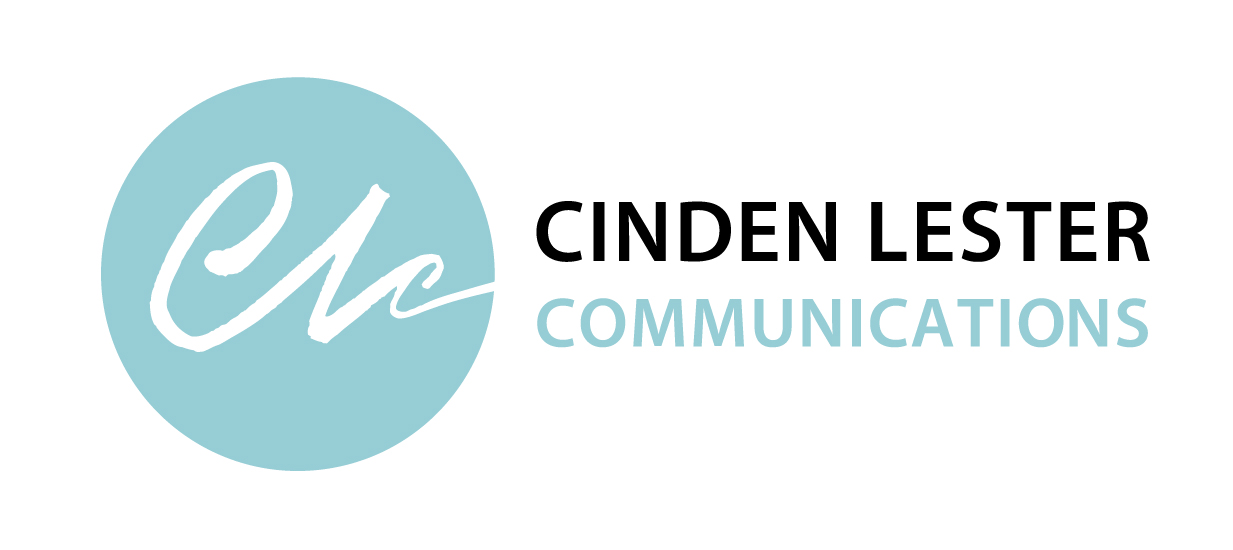
All effective communication starts with listening.
This is something I learnt early in my career as a journalist.
It’s easy to miss important nuggets of information if you’re not paying attention and really listening to people.
And it’s not just what they’re saying. The way they say it, and sometimes what they don’t say, can be just as illuminating.
Research tells us we spend around 70% of our time engaged in some sort of communication.
You might think speaking would take up most of that time, but in fact it’s listening. The break down is 45% listening, 30% speaking, 16% reading and 9% writing (Adler R et al 2001).

But for something we spend a lot of time doing, we don’t always do it well.
We only remember a quarter to a half of what we hear.
We ignore, misunderstand or forget 60–75% of oral communications.
This is despite the fact that research also shows if you’re a good listener, you should find it easy to establish positive working relationships with your boss and colleagues. (Researchgate.net)
So, the basic difference is that hearing is passive while listening is (or should be) active.
- Concentrate—This can be challenging with constant distractions of phones, emails, open plan offices and endless mental ‘to do’ lists. But tune out the distractions, focus and really concentrate on the person you’re listening to, and you will better understand the full message behind their words.
- Encourage—Back when I worked in television, we recorded interviews with one camera. This meant we had to nod thoughtfully at nothing post-interview, so we could edit in our ‘noddies’ later. In real life, the occasional (genuine and appropriate) nod, smile or raised eyebrow reassures people you’re actually listening, helps put them at ease, and encourages them to keep talking. If you need to take notes, make sure you look up and make eye contact from time-to-time so they know you’re listening as well as note-taking.
- Shhhhhhh—Keep schtum. Resist the urge to interrupt, finish someone’s sentences or take over the conversation with your own anecdote or point of view. Talk less and you’ll listen more.
- Hold that thought—Put your own issues aside while listening. Having an open mind helps you properly understand the speaker’s perspective. Even if you have a different agenda, the ultimate goal is often the same.
- Notice the subtext—Listen and look for the extra clues that flesh out the full picture. Is the speaker tense and under pressure? What concerns or objectives might be driving them? Sometimes it’s body language, sometimes it’s what is left unsaid or hinted at.
- Respond, question, clarify—When someone finishes talking, confirm your understanding by summarising what they’ve said (e.g. ‘So it sounds like…’) or asking a question to clarify (e.g. ‘Did you mean…’). If the situation makes this a little tricky or awkward, follow up with an email summarising what you’ve heard and asking for confirmation that you’ve understood correctly.
A subtle skill but a valuable one, effective listening improves your communications. It saves you time, reduces misunderstandings, and enhances your ability to negotiate, influence and persuade.
‘To listen well is as powerful a means of communication as to talk well.’ John Marshall (1755–1835)
Need help with your internal or external communications? Contact Cinden to find out how she can help.
| Cinden Lester has more than 25 years’ experience as a professional writer, editor and communications specialist—having worked as a broadcast journalist, in private sector marketing and public relations, and in government communications before establishing her own Canberra-based communications consultancy. |

